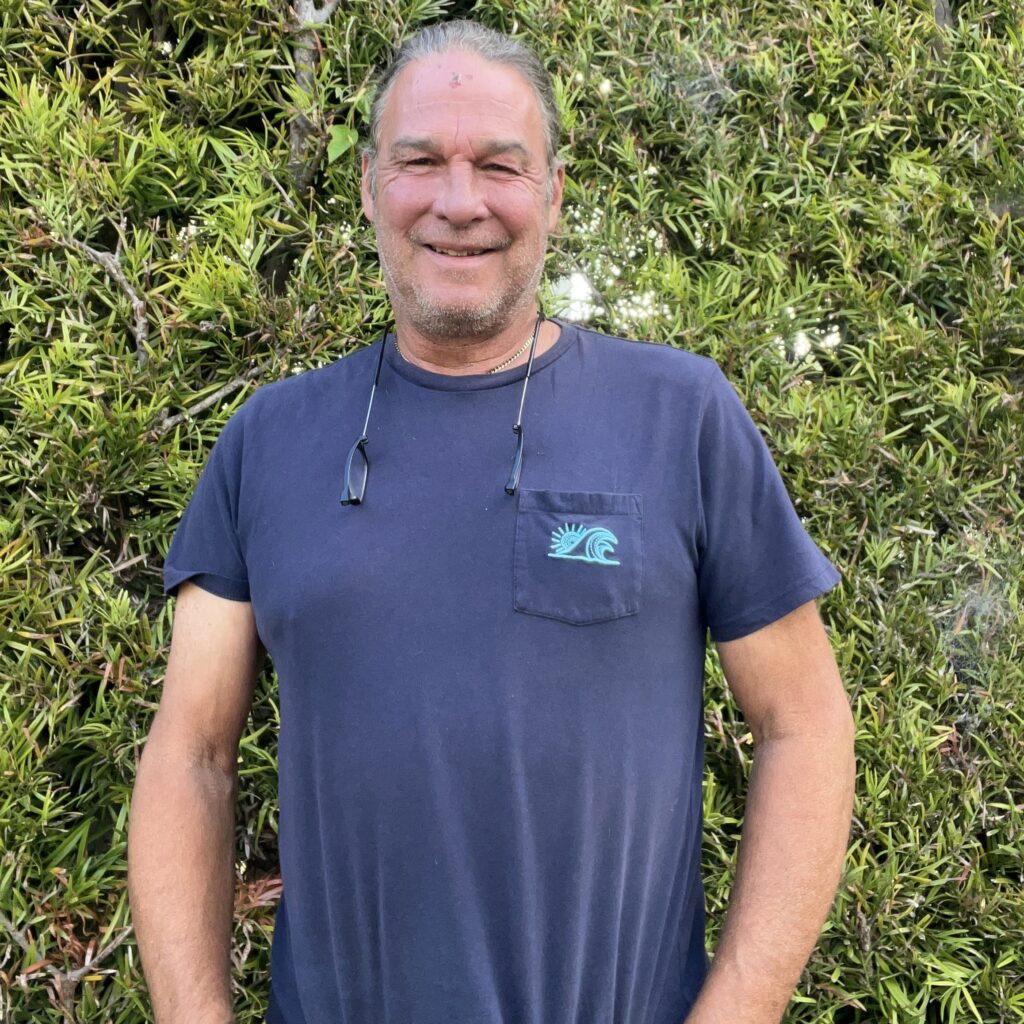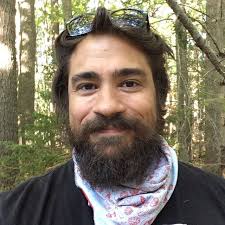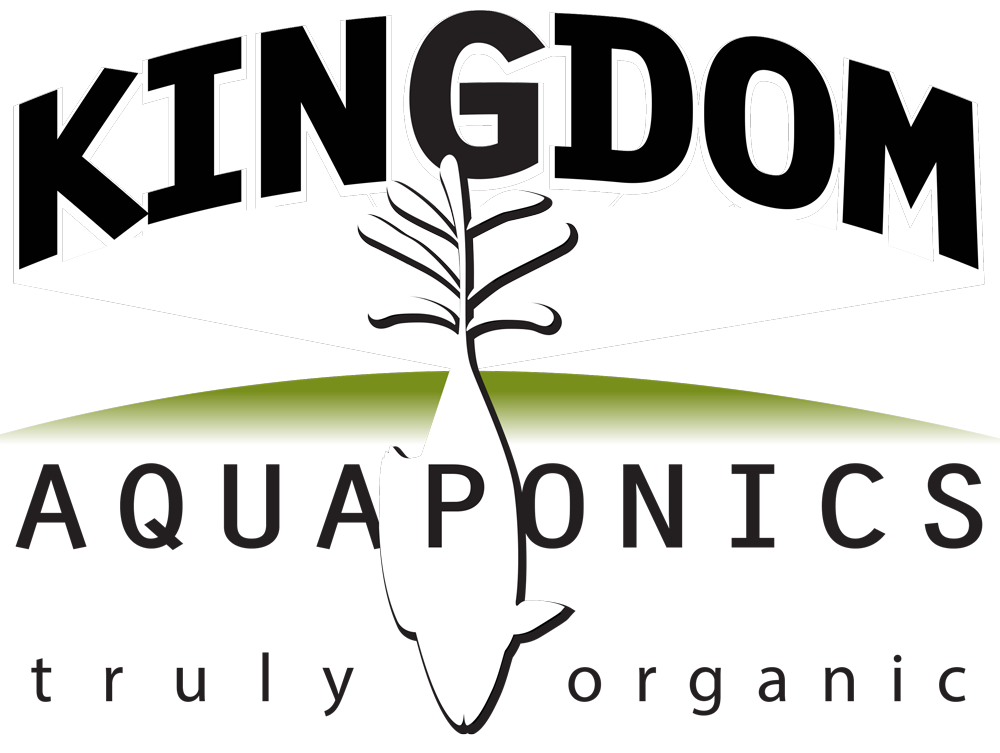Our Mission to Deliver You the Best Landscape Care Products
Kingdom Aquaponics™ believes many people have decided that the effects of human activity needs to be shifted in a positive direction when it comes to sustainability in landscape care. We are set to offer our clients a new alternative to organic fertilizers. In order to have a sustainable redirection, we need options in landscape care that work.
about Kingdom Aquaponics™
Our Mission
With years of careful documentation, common sense and multiple disciplines of composting, brewing compost tea and making compost extracts – we have created these products. They contain just the right biological ingredients to make plants thrive and are made to order based on your soil and plant needs.
Kingdom Aquaponics™, along with the input and guidance from our experienced advisors and team members have combined and blended years of a variety of organic practices with modern manufacturing principals to produce products that perform with optimum results. We cultivate the finest new alternative to organic matter and add our fish byproducts, along with other naturally harvested food sources to produce your products. By cultivating our ingredients and blending them accordingly, we can fill orders based on individual requirements.
By batch composting in small units placed in a controlled environment, we can combine or add just the right ingredients at the right time in the process. To further the potency of our landscape product, we turn the compost by hand which ensures all the organisms remain intact. Once our ingredients are finished, we add our fish byproducts and run it through our production equipment to increase the diversity and enhance the final product. Our results speak for themselves in our approach to new alternative to organic landscape care and products.
Thank you for supporting our journey,
Kingdom Aquaponics™
Meet Leighton

Microbiologist Leighton Morrison is a thought leader in soil biology. He has spent the entirety of his career disproving old paradigms, and providing evidence and best practices for a more holistic approach to soil. In his role as founder of Kingdom Aquaponics™, Leighton consults for new construction and restoration projects. Leighton designs specialty soils and compost for projects with unique water, environmental, habitat, or spoilage issues. He is one of the few professional microbiologists bringing the academic understandings of the soil food web to real projects benefitting agriculture, home owners, architects, environmentalists, and Federal and local governments.
Leighton has a unique and diverse background. As a child Leighton gravitated to alternative energy, natural systems and sustainability after experiencing the 1973 oil crisis. He designed a passive solar house with indoor gardens for food production in mechanical drawing class in 7th grade. In his teenage years he began to breed fish for sale and incorporate them into a living garden system.
In the eighties he became obsessed with the project Bio Sphere 2 and the science behind it. In 1983, he started a construction company with a sustainability emphasis, and attended Boston Architectural Center. Leighton then started a marble and granite company in 1993 and worked for clients looking for an artistic flare and an alternative to man-made solid surfaces. This reflected applied knowledge to another of his passions: geology. In 1996, he constructed a zero impact home on the coast of Maine and eliminated all nitrogen and phosphate discharge into the ocean from the waterfront property while fabricating exotic stone for discerning clients.
In 2008, Leighton went back to his roots/passions and began the structural work for an aquaponic future. Through a process of discovery, beginning with a comprehensive plan for a stand-alone aquaponics facility in Vermont, he recognized a significant business opportunity. Instead of just focusing on the local “farm to table movement”, truly organic food production and food security, he investigated repurposing the waste streams of aquaponics and aquaculture.
In 2012, Leighton set up a small scale aquaculture system with 100 tilapia at Rodale Institute. He worked with world renowned soil biologist Dr. Elaine Ingham, blending his by-products with traditional compost and worm castings to prove the value of aquatic ecosystems by-products and how they can reduce the need for synthetics on the environment. For eighteen months, Leighton studied the art of composting, compost tea brewing, extract making and vermaculture to complete the proof of concept work necessary. By combining these products/ techniques and applying them to his knowledge of machines and forces, he was able to develop processing equipment to produce product and consulting that Kingdom Aquaponics™ is known for.
Between 2013 and 2019, Leighton focused on large restorations of public green spaces and state parks. He refined the insights he gained through his Rodale research, and solidified his ability to scale his holistic solution for large projects. He continued to expand his reach by participating in projects restoring nearly five million acres of sensitive watershed areas, streams, lakes and coastal areas. This period taught Leighton how to work intimately with government and corporate projects, and met his desire to see restoration occur on a substantial level. He also began teaching his ground-breaking approach to soil management at conferences, and creating a community around this new agriculture sector by establishing the Ventura Compost Cup.
Beginning in late 2020, Leighton began a series of projects restoring agricultural lands that had been mismanaged and abused with modern petroleum fertilizers. He invented processes to remove contaminants from the soil, build the soil back to health with probiotic inoculants and compost teas, and trained agricultural staff on how to tend to this soil in order to preserve those gains.
By 2022, Leighton had become recognized as a construction and restoration soil consultant who could solve problems that others could not. He was now being recruited by groundbreaking and marquee projects to provide insight, materials and implementation on some of the most complex parcels and projects in California.
He performed a restoration of a high-value lemon and avocado orchard in Southern California. The project included the restoration, but also the creation of new soil for an extensive food and exotic ornamentals garden, water harvesting from the downward path of nearby slopes, and extensive erosion management.
He devised and implemented a unique solution for “tree pits” that saved the expensive plantings and decreased water usage by a whopping 60%. Something the prior three consultants on the project were unable to do.
And most recently, Leighton provided key insight for the Wallis Annenberg Wildlife Crossing in Agora Hills. Leighton designed, created inputs and built the soil for the project, including compost, vermiculture castings, fish mulm, and horizon installation methodology. The project resulted in industry-leading SoPs for biologically (as opposed to chemically) treated plants. He illustrated the projects success through microscopy and then trained the long term landscape team in the proper care of this soil.
Presently, Leighton is restoring agricultural acreage that is growing large, prehistoric protea plants used for high-value, extravagant flower displays.
Now is a great time to reach out to Leighton and discuss how he and his very specialty soils and compost strategies can benefit your project.
Meet Craig

Craig M Trester is a creative biologist, educator, and community scientist that utilizes principles of biomimicry and traditional ecological knowledge through applied mycology to develop regenerative solutions for many of the environmental challenges that impact our world. Through educational outreach he has sought to provide people with the knowledge and resources to recognize and practically apply the benefits that fungi have to offer our health, environment, and society. Aside from Craig’s work as an educator much of his research focuses upon how might the qualitatively regenerative principles and techniques of permaculture be combined with the quantitatively powerful tools of molecular biology, to paint a picture of the deeper ecological connections throughout nature facilitated by our microbial world. He believes novel approaches for bioremediation, carbon sequestration, and regenerative agriculture can be made a reality, through research of fungi and soil biology, diligent observation of our surroundings, and intentional application of beneficial microorganisms.
Deepen your soil plant connection.
Ready to take the next step? Join one of our hands-on workshops, subscribe to our newsletter for the latest updates, or explore our range of aquaponics products. Together, we can deepen your soil-plant connection and grow a more sustainable future.
